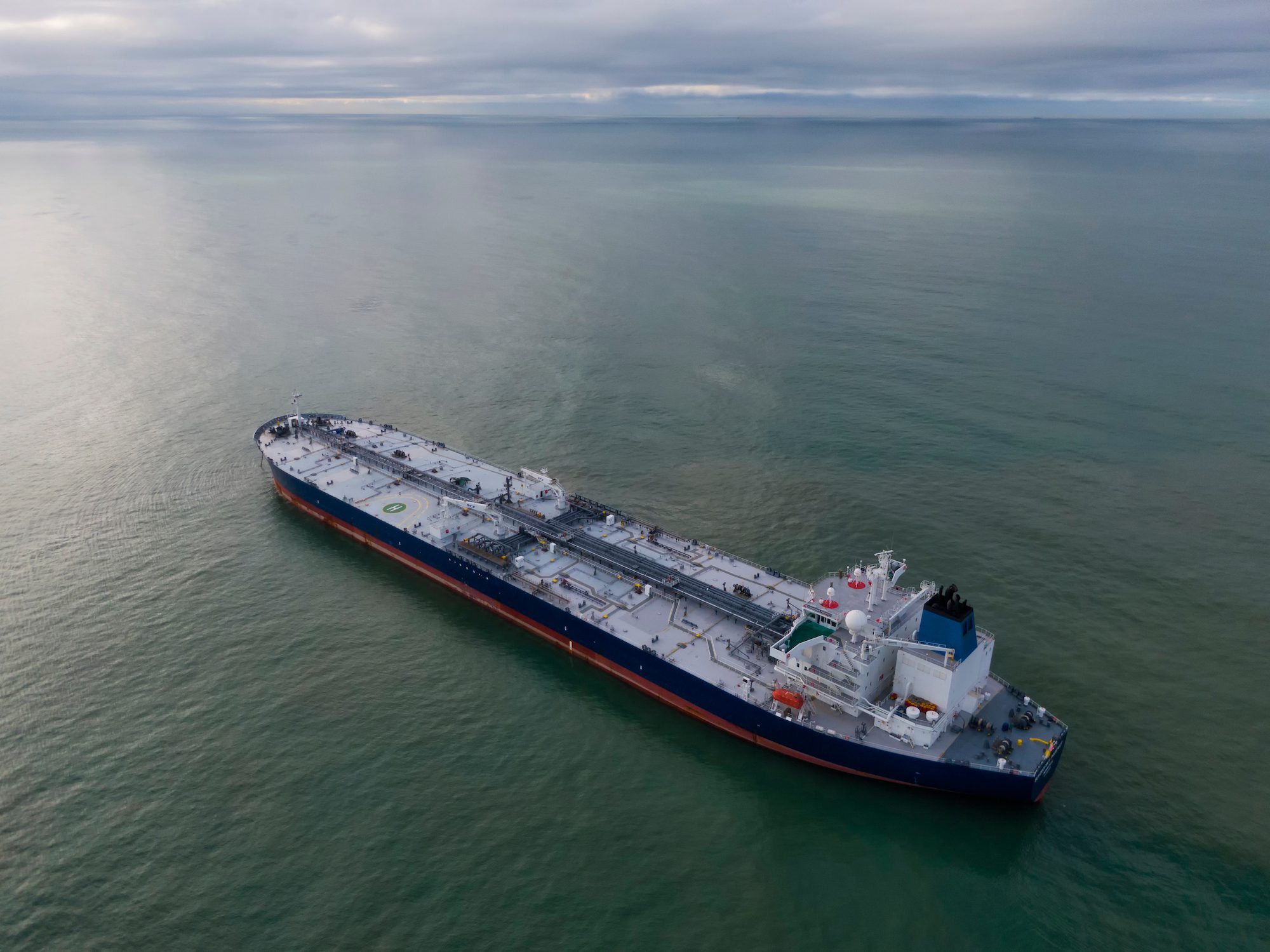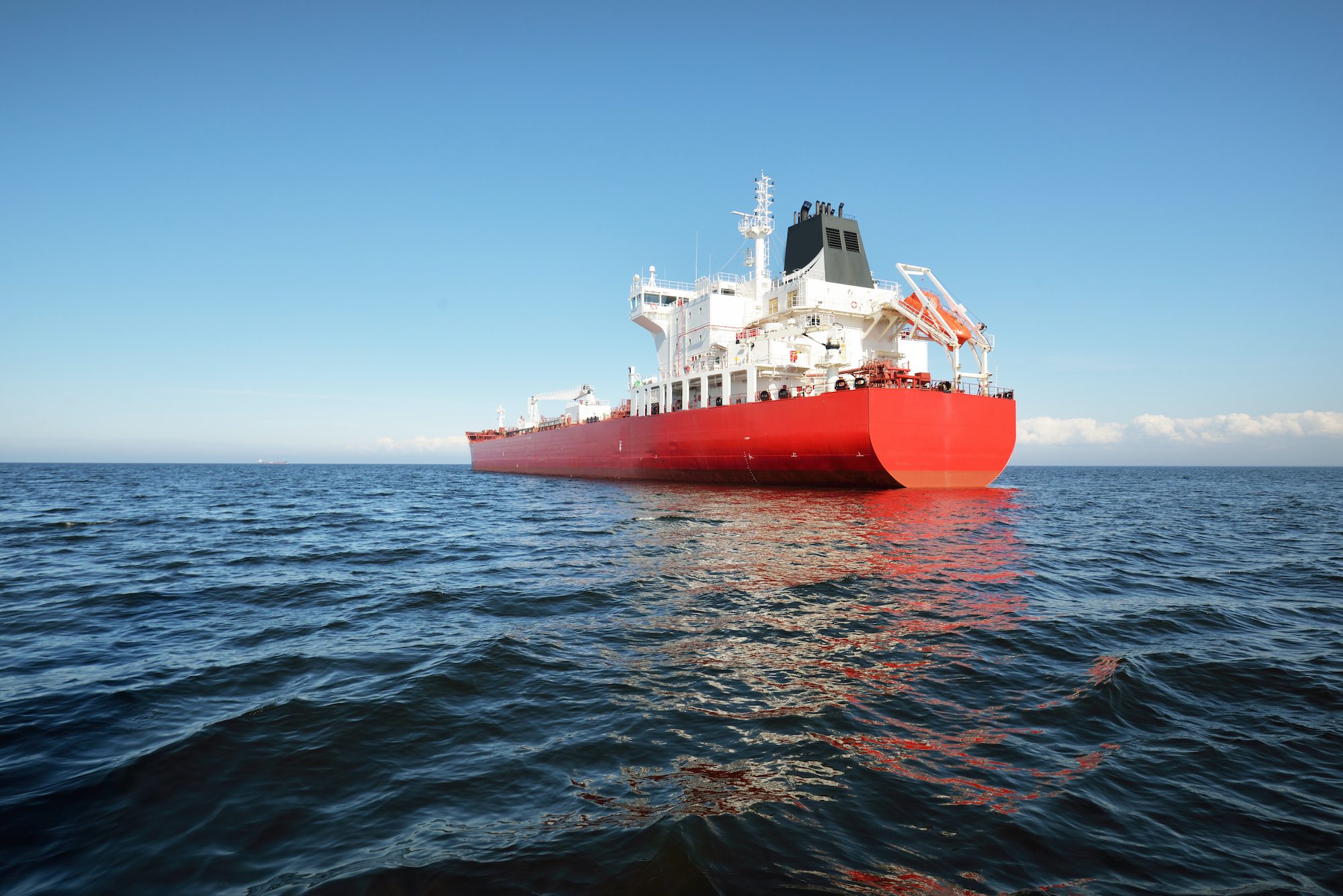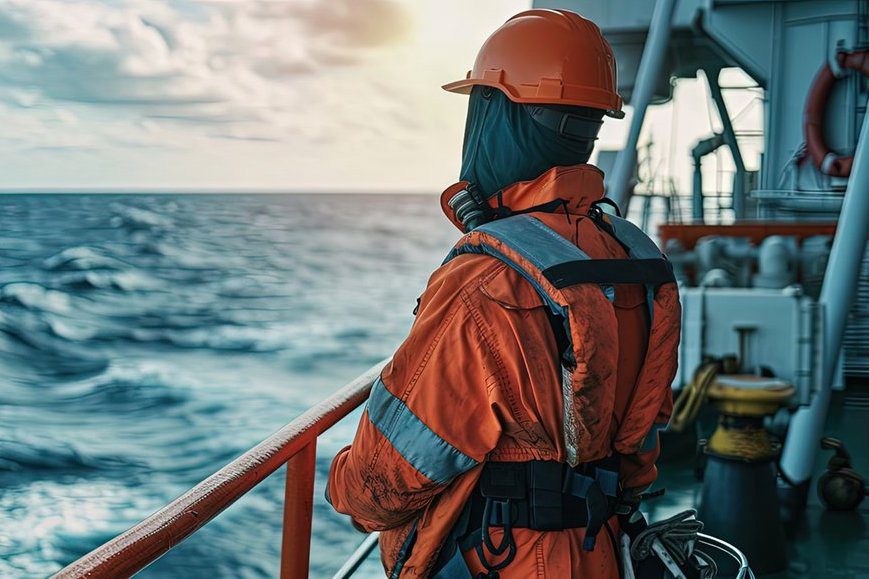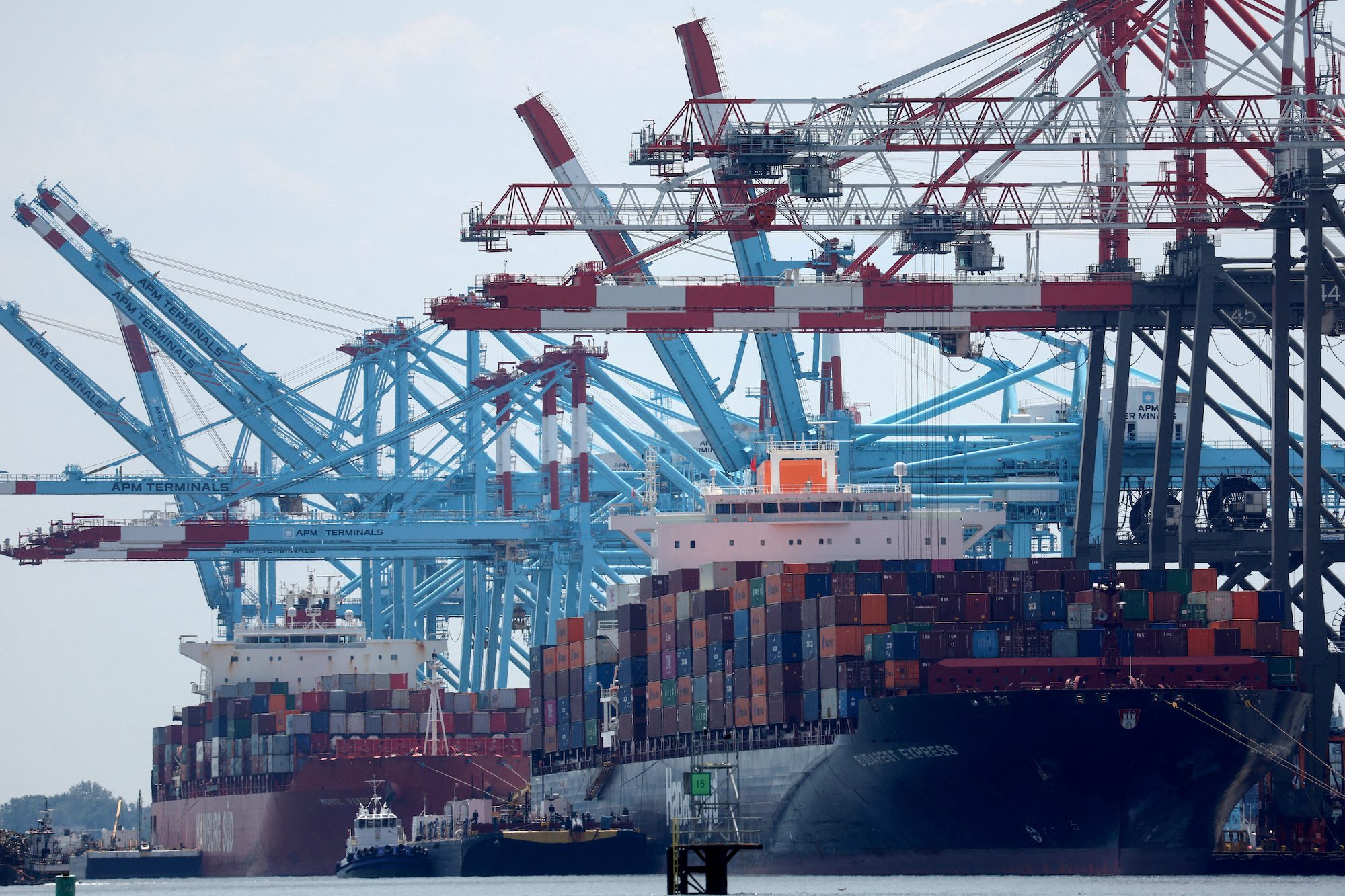John Fredriksen’s Frontline has announced its acquisition of two dozen Very Large Crude Carriers (VLCCs) from Euronav, solidifying its position as the largest publicly-listed pure play tanker company at a critical time in the tanker market.
The acquisition comes as part of a resolution to Frontline’s year-long deadlock with Compagnie Maritime Belge (CMB) over control of Belgian tanker company Euronav.
Under the agreement, Frontline will acquire a fleet of 24 ECO VLCCs with an average age of 5.3 years, for a total purchase price of $2.35 billion. In exchange, Frontline and Fredriksen-aligned Famatown Finance Limited have agreed to sell their 26.12% stake in Euronav to CMB at a price of $18.43 per share. Proceeds from the sale will help to fund the vessel acquisitions.
CMB will walk away as the controlling shareholder of Euronav, owning 49.05% of Euronav’s issued shares, representing 53% of the voting rights.
This acquisition marks a pivotal moment for Frontline after it terminated its previous merger agreement with Euronav following opposition from CMB in January. The merger would have created the world’s largest publicly-listed oil tanker owner and operator.
Frontline said that the deal will bolster its position in the tanker industry, making it the largest publicly-listed pure play tanker owner in terms of deadweight tonnage (dwt) and increase its fleet to 89 vessels. Out of the the 24 VLCCs, 22 are built in Korea and nine are fitted with scrubbers. The addition of the vessels is expected to significantly boost the Frontline’s free cash flows and earnings per share potential, while also improving its dividend capacity.
Frontline highlighted the timing of the deal, noting that: “All vessels are on the water, in an environment of long lead times for new capacity to be obtained.” The acquisition increases Frontline’s operational leverage in the VLCC segment, which has the lowest orderbook-to-fleet ratio, currently at about 2%, the company said.
“I firmly believe in building best-in-class companies through consolidation,” said John Fredriksen. “This transaction will solidify Frontline’s position as the leading publicly listed tanker company and significantly expand our exposure towards modern efficient VLCCs at an opportune time in the cycle.”
The completion of the sale and acquisition is subject to approval by Euronav shareholders and customary anti-trust approvals. The process is expected to close in the fourth quarter of 2023.
“This transaction reflects our platform’s ability to act decisively on large scale fleet transactions with the support of our largest shareholder and key relationship banks,” said Lars H. Barstad, Chief Executive Officer of Frontline Management AS. “The structure of the transaction will significantly increase Frontline’s operating leverage as we enter a period of historical low deliveries of new capacity in the tanker market.”
Funding for the acquisition will come from the sale of Frontline’s shares in Euronav, cash on hand, drawdown under an existing credit facility under an existing credit facility offered by Fredriksen’s Hemen Holdings, and a new term loan facility.
Finally, as part of the agreement, all arbitration action filed by Euronav against Frontline will also be terminated.

 Join The Club
Join The Club











